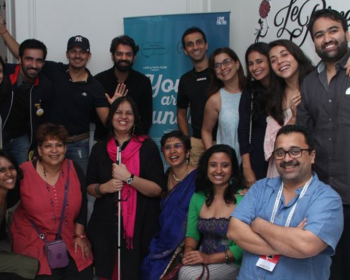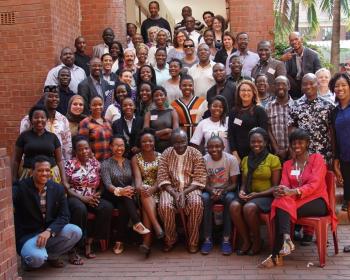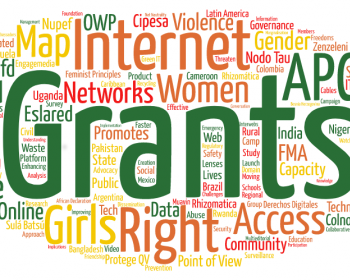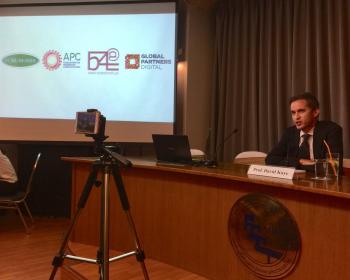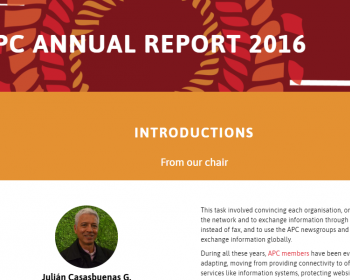Security and privacy
APC's Annual Report for 2016 narrates organisational life matters and the year's work around our six strategic areas: access, rights, a feminist internet, governance, use and development, and the APC community, told through 60 short stories, 25 of them contributed by our members. 2016 was a year of several changes for APC. It is quite remarkable, this characteristic of change: it is slippery while it is being made, hard to acknowledge and understand while it is happening, but mind-bending whe...
2016 was a busy and productive year for eQualit.ie, with complex global political shifts, continuous assaults on critical internet infrastructure and software libraries that provide for network privacy, and a growing climate of online censorship spurring our drive on several important projects.
Over 40 prominent civil society organisations, elected officials, university professors and professionals have sent letters in support of human rights activist Chelsea Manning, who was recently turned away at the Canadian border.
Over 40 prominent civil society organisations, elected officials, university professors and professionals have sent letters in support of human rights activist Chelsea Manning, who was recently turned away at the Canadian border. This is the letter sent by APC and North American members LaborNet and May First/People Link calling on the Canadian government to reverse its decision to bar Ms. Mann...
The Association for Progressive Communications (APC) is pleased to announce the call for applications for the fifth African School on Internet Governance (AfriSIG), to be held in Sharm El-Sheikh, Egypt from 28 November to 2 December.
This is a joint submission to the United Nations Human Rights Council Universal Periodic Review on its 2018 Cycle for Cameroon, by Access Now, ADISI-Cameroun, APC and Internet Sans Frontières. The organisations submitting this report consider that Cameroon can improve its human rights record and treatment of digital rights in several areas and make recommendations to the government of Cameroon...
APC’s subgranting programme in its second year awarded a total of USD 273,986 to support its members in achieving APC’s vision. Eighteen member organisations were recipients of 21 grants, and funds were also used to support the research for 28 national GISWatch 2017 reports.
In a region as vast as Asia, with a technology as multidimensional as the internet, and with rights which are universal and indivisible, what can be said about the intersection between these? With more than 50% of the global population living in Asia, is it possible to identify commonalities that resonate across the region? These are some of the questions that representatives from more than 50 ...
Kefir, based in Mexico, is a free/libre tech feminist cooperative for activists, human right defenders, journalists, civil society organisations, collectives and artists that aims to build safe and free (as in freedom) spaces on the internet. In August 2017, they joined the APC network.
The actions captured in this report reflect the energy, diversity and growth of the APC network. New members AlterMundi, from Argentina, Point of View, from India, Rhizomatica, from Mexico, Social Media Exchange (SMEX), from Lebanon, and Zenzeleni Networks, from South Africa, have added to the richness of the APC community and the breadth of our reach.

Association for Progressive Communications (APC) 2022
Unless otherwise stated, content on the APC website is licensed under Creative Commons Attribution 4.0 International (CC BY 4.0)



